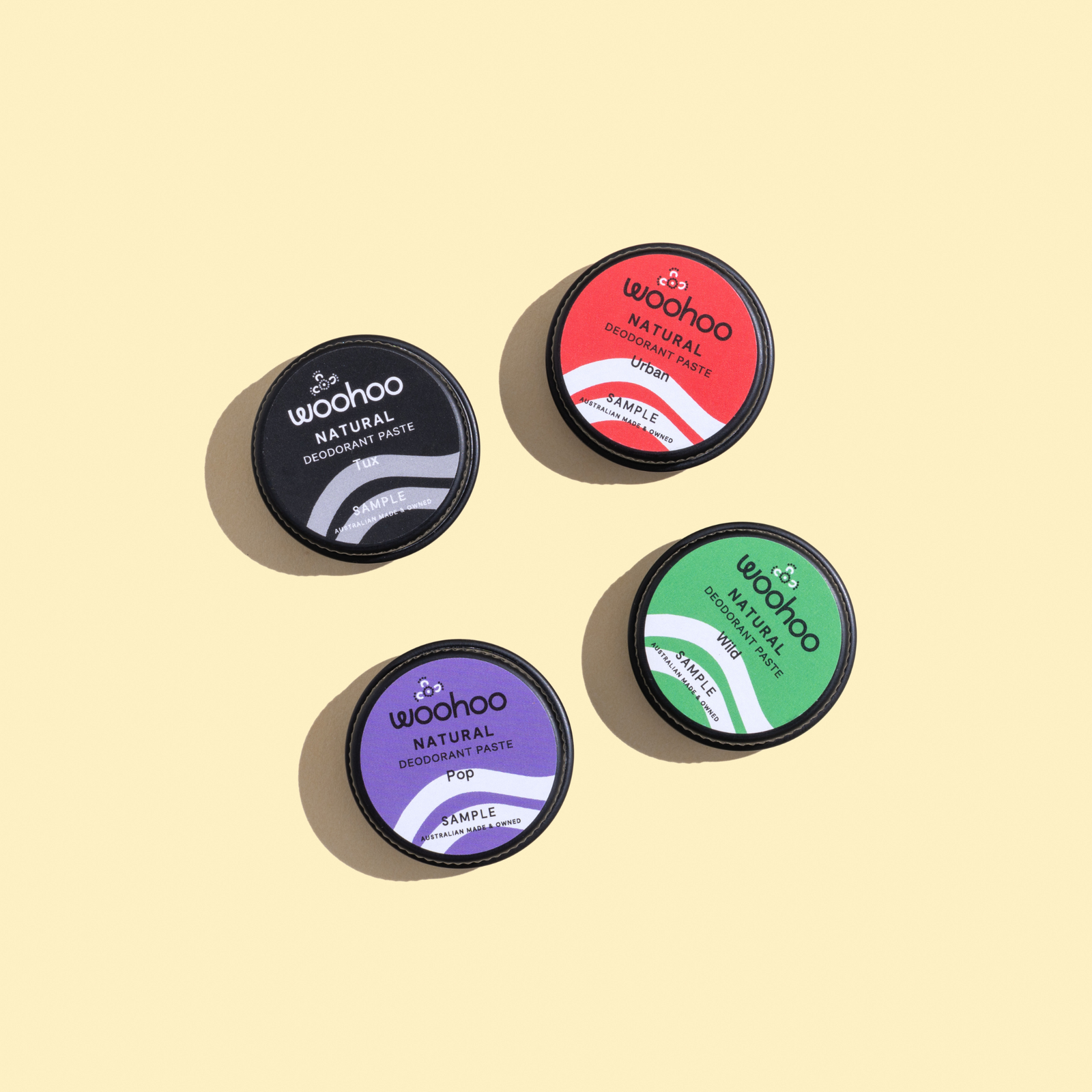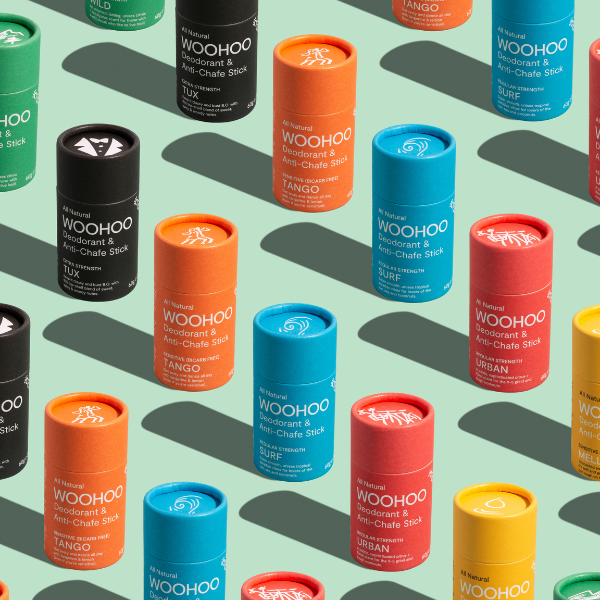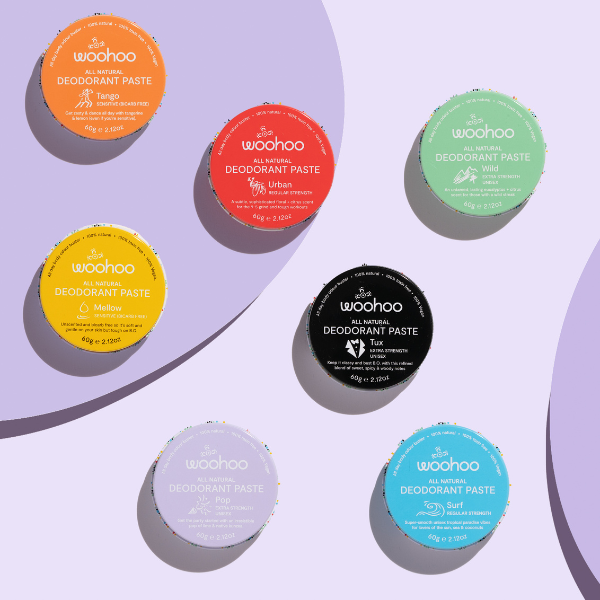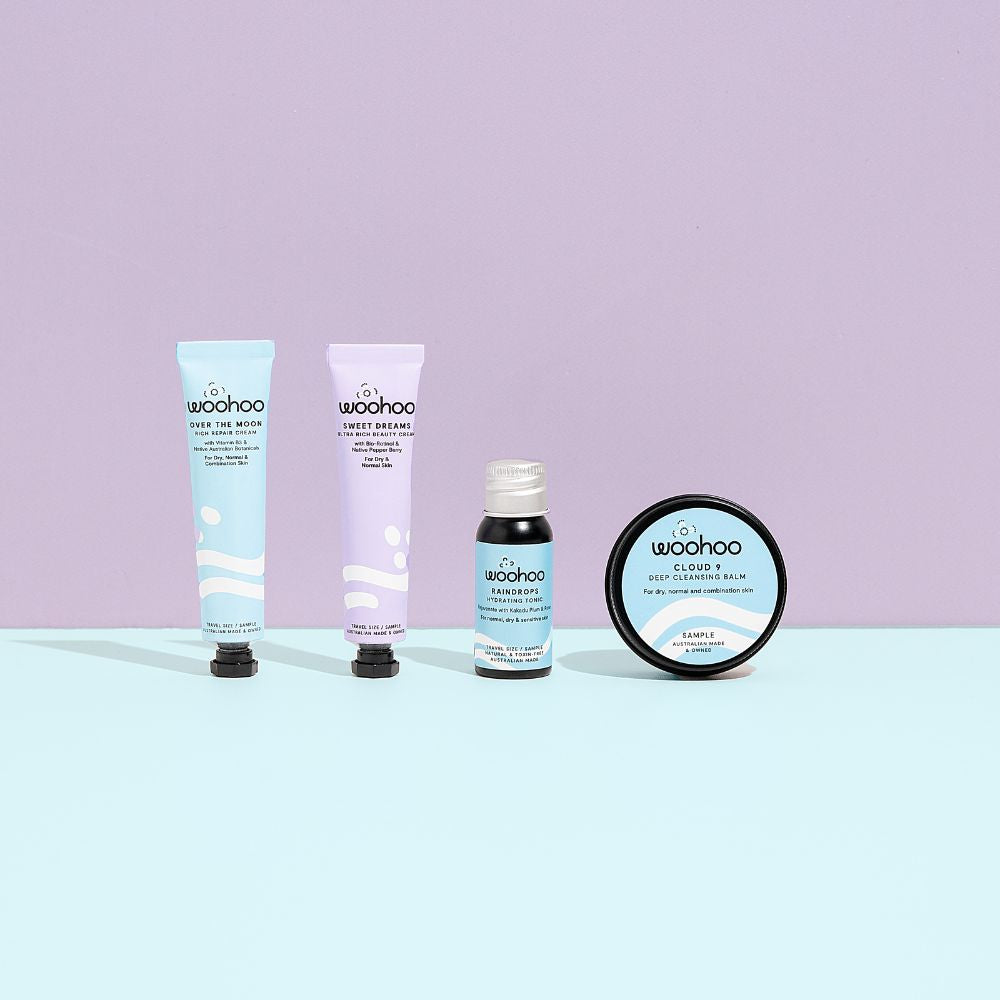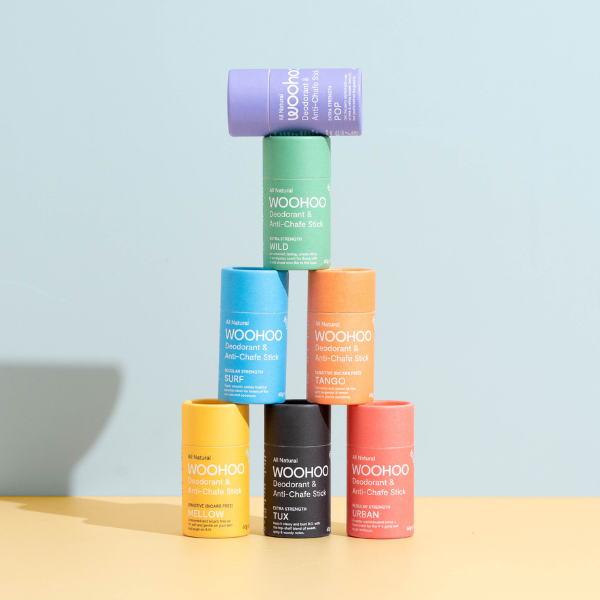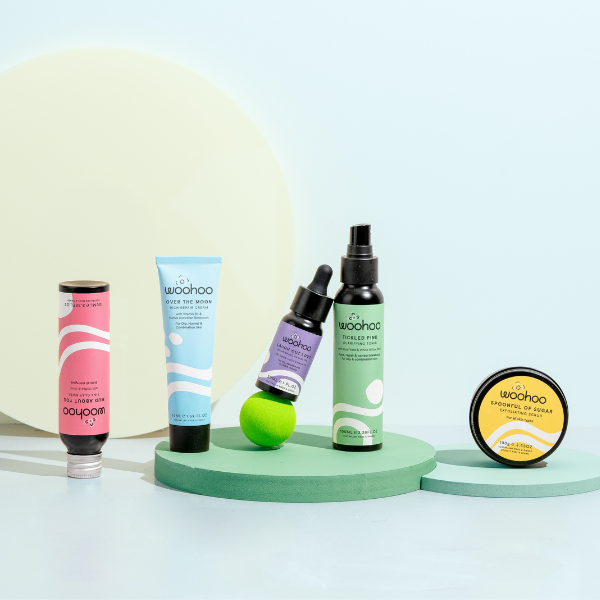
Many of you are probably wondering what’s happening with the SPF moisturiser we’ve been working on. After all, it’s our most requested new product of ALL TIME!
Well… the news isn’t the greatest… but it’s not terrible either!
We did have a formula which was looking really promising - it was sent out to our amazing product testing team so they could take it for a test drive.
For this first test we weren’t asking our team to test for sun protection performance, but instead we were getting them to test for aesthetics and what it was like to use (after all, the best sunscreen is the one you’re going to use, right?).
Everything was tracking along well with our stability testing too. The formula was holding together like a treat through extended time in the oven and our freeze/thaw testing protocols.
So we were ready to get samples sent off for third party SPF testing when the feedback started coming in from our testing team. They highlighted a few issues and we wanted to get your thoughts on these.
The issues weren’t surprising because they are synonymous with using zinc as the sun protection.
While many of our testing team loved the formula, some of the feedback when we asked our testers about their experiences they mentioned heaviness, not liking the zinc smell, and leaving a white cast on their skin.
We should point out that these testers were comparing the new formulato their normal day moisturiser, which is a big ask, but we wanted the new SPF moisturiser to go head-to-head with our other creams.
There were enough of these comments to make us think twice about the formula before investing considerable $$$ into the SPF testing.
Which brings us to a doozy of a conundrum….
Is zinc the only sunscreen option we should use?
…. Or …..
Should we consider a sunscreen using chemical filters if it meant a better user experience?
Before we can answer this, there are few things to consider.
Chemical Sunscreens vs Physical Sunscreens
Chemical Sunscreen Filters (aka Organic)
These guys often get a bad rap because there’s a rumour that chemical sunscreens are bad for you and could even cause cancer. Cancer Council Australia has refuted this, so we thought it was worth digging a little deeper to see if these are a viable option for our sunscreen.
In the science world, we refer to these chemical filters as Organic sunscreen filters as they contain carbon, but this is a different type of “organic” to the kind that’s grown in your garden without pesticides. These organic chemical filters work by absorbing UVB and UVA radiation to provide broad spectrum protection from sunburn. A sunscreen will use a combination of filters to make sure they protect against both UVB and UVA wavelengths. They usually protect across a larger light spectrum than zinc based (physical) sunscreens.
Chemical sunscreens can provide better product aesthetics than physical (e.g. zinc) based products. They can be lighter, less oily and no white residue. They’re definitely not natural and can tend to be more irritating to sensitive skin than physical sunscreens. They also need to be applied more frequently than physical sunscreens to maintain sun protection.
We should mention the common belief that chemical sunscreens are hormone disruptors. This is only partially true. Some chemical sunscreens have hormonal effects on the body, but there are others that have no known effects.
Physical Sunscreen Filters (aka Inorganic)
Physical filters like Zinc oxide and Titanium Dioxide work in the exact same way as chemical filters. It was once believed that they reflected the light but it has since been proven wrong. They absorb the UV radiation just like their chemical counterparts. In the science world we call these Inorganic sunscreens because they do not contain carbon.
As physical sunscreens absorb UV radiation they become photoactivated. This activation creates oxidising radicals which cause damage to your cells. To reduce the potential of this happening, Zinc has to be manufactured with a special surface treatment.
While zinc starts as a natural product, it’s not truly natural by the time it gets into your sunscreen because of the surface treatment it undergoes.
When compared to organic sunscreens, zinc-based products usually tend to be heavy or oily, more difficult to spread, and often leave a white residue on your skin’s surface.
Reef Safety
Some chemical filters have been flagged as not being “reef safe”. Hawaii is leading the way by banning these filters - like Avobenzene - however, some *have* been deemed reef safe by Hawaii - like Homosalate.
We’re also conscious of the fact that “reef safe” is marketing spin and there is no standard developed to say what it is and isn’t “reef safe”. Hawaii only banned the chemical/organic filters they knew were harmful. Everything else is really still undecided, including Zinc oxide. So while zinc may not be 100% reef safe, evidence suggests that it is more reef friendly than some of the banned chemical sunscreens.
In relation to our Moisturiser with SPF, the reef safety is good but not the highest priority because it’s not designed to be used while swimming in a pool, lake, river or ocean. It’s intended to be more of a day cream.
In short, both Chemical and Physical sunscreens have pros and cons and neither can create truly natural products.
Chemical sunscreens have better experience and aesthetics on their side, tending to be a better choice for blemish-prone skin. On the flip side, physical sunscreens are a little *more* natural and can tend to be more suitable to sensitive skin but are heavier and can leave you looking a little white.
In the end the best sunscreen is the one you like, are comfortable with, and will wear consistently.
Right. Hopefully all that made sense!
You can probably now see why we are still contemplating the best next steps forward with our sunscreen formula....
Chemical …. Or …. Physical (Zinc) ?
STAY TUNED!
References:

